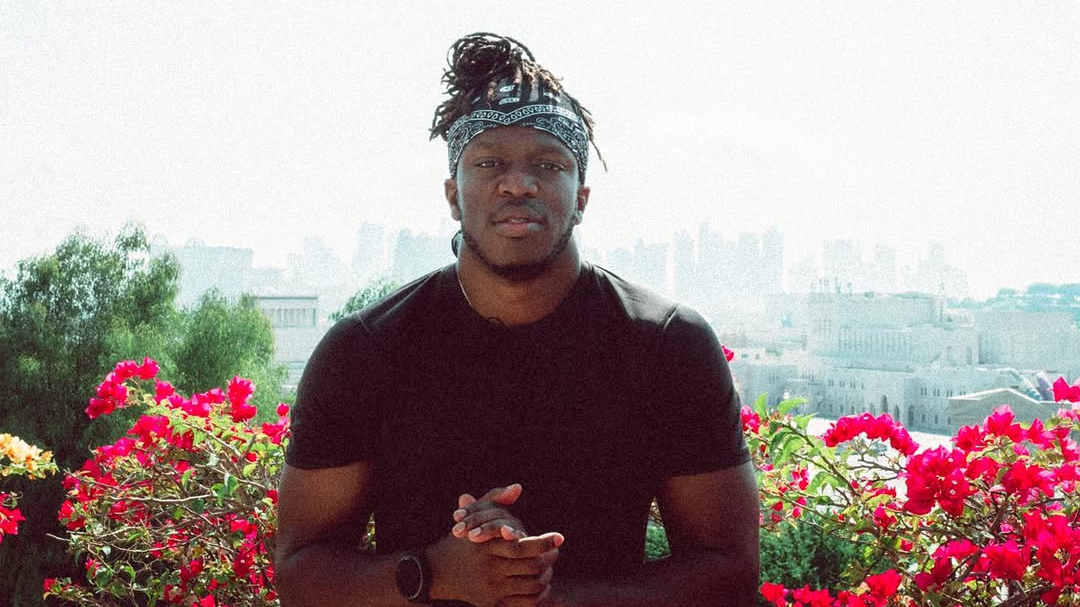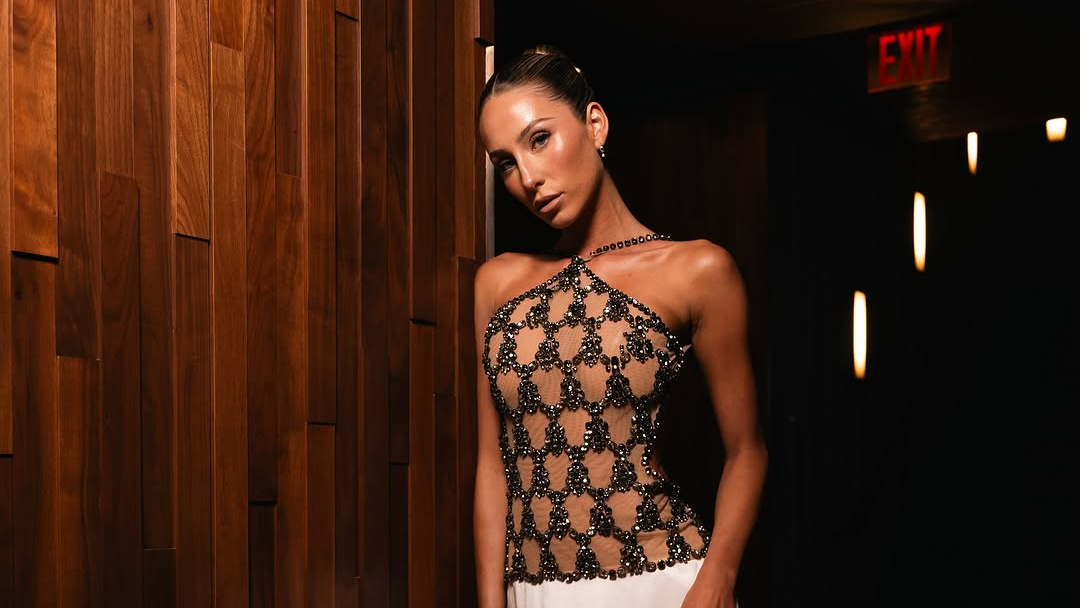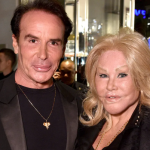The Rise of the Influencer Brand Economy
Influencers today are far more than people who post pretty pictures. They’ve evolved into full‑fledged brands, building loyal audiences, launching products, forging recurring partnerships and creating long‑term value for businesses. For CEOs, CMOs and brand strategists the key insight is this: influencers are not just marketing channels — they are brand platforms in their own right. When partnered effectively and thoughtfully, they permit micro‑targeting, high engagement and authenticity that traditional advertising often lacks. As the influencer market matures, the line between content creator and entrepreneur blurs, making the richest influencers among the most compelling business case studies.
Top 10 Richest Influencers
Here are ten influencers who are building substantial business value through content, audience and brand partnerships — and who are not primarily known for movie roles, sports stardom or legacy celebrity. The numbers are approximate and reflect publicly available data.
MrBeast (USA)
- Platform: YouTube (500 m+ across channels) & TikTok/Instagram.
- Estimated net worth: ~US$500 million (2022).
- Business model: High‑production stunt videos, brand sponsorships, merchandise, food and snack company.
- Significance: Exemplifies how a content creator can scale enormously without traditional celebrity roots and turn attention into a diversified business.

Rosanna Pansino (USA)
- Platform: YouTube / Instagram (niche: baking & geek culture)
- Earnings per post: ~US$50,000–70,000 according to one source.
- Business model: Content creation, brand partnerships, merchandising (licensed goods), her own product lines.
- Significance: Shows how niche content with a passionate following can monetise well and build meaningful brand value.

Rosanna Pansino
Jeremy Schneider (USA)
- Platform: Fin‑fluencer (personal finance) – multiple social platforms.
- Net worth estimate: Over US$4 million.
- Business model: Educational content, sponsored posts, affiliate links, likely products/courses.
- Significance: Demonstrates how “influencing” extends beyond lifestyle into specialised verticals (finance) — giving brands and audiences a reason to trust and transact.
Kyle Thomas (UK)
- Platform: TikTok & Instagram (~35 m followers), content on rescued animals & lifestyle.
- Business model: Audience monetisation via brand deals, product collaborations, merchandise, perhaps affiliate income.
- Significance: Younger creator with large scale who monetises via authenticity and niche content rather than mainstream celebrity.
Alix Earle (USA)
- Platform: Instagram (~4 m) and TikTok (~7 m) & rising.
- Reported earnings: ~US$450,000 for a single Instagram Story.
- Business model: Personal brand in beauty/lifestyle, product collaborations, podcast, media appearances.
- Significance: Example of “creator turned brand” – using social media to launch entrepreneurial ventures and charge premium for access.

Joe Sugg (UK)
- Platform: YouTube / Instagram influencer background.
- Estimate net worth: ~£4.6 million (UK report) for one part of influencer community.
- Business model: Content creation, merchandise, writing, possibly live shows/licensing.
- Significance: Shows how influencers from non‐celebrity origin (vlogging/social) can scale and diversify into traditional media/brands.
KSI (UK)
- Platform: YouTube, social media (gaming commentary → broader entertainment)
- Net worth estimate: ~US$20 million (via influencer channels & brand deals) Influencer Matchmaker
- Business model: Content creation, entertainment, brand partnerships, product lines.
- Significance: Illustrates how influencers build audience then build business — not the other way around.

KSI
Anthony O’Neal (USA)
- Platform: Fin‑influencer / education content (~3.7 m followers)
- Business model: Books, educational courses, social media monetisation.
- Significance: Reinforces that influencer economy extends into expertise niches (finance, education) with monetisable authority.
Josh Rincon (USA)
- Platform: Fin‑influencer (~10.2 m followers) Startups.co.uk
- Business model: Educational finance content, brand partnerships, maybe membership/affiliate.
Significance: Yet another demonstration of influencer business in non‐beauty/lifestyle verticals.
Steve (Financial Freedom Coach) (USA)
- Platform: Fin‑influencer (~15.1 m followers) Startups.co.uk
- Business model: Financial education, coaching, affiliate/product ecosystem.
- Significance: A high‑scale influencer whose value lies in trust, content and monetisation of a high‐value niche rather than traditional celebrity.
Conclusion
The top non‑celebrity influencers underscore how the creator economy has matured into a robust business model. Key takeaways for executives and marketers:
-
Audience size is only part of the equation. Content quality, niche authority, engagement and trust matter.
-
Influencers are not just marketing channels — many are brands themselves, with multiple revenue streams (product, affiliate, content, partnerships).
-
Diversification is essential: top influencers often combine content creation, product lines, investments and licensing.
-
Vertical specialist influencers (finance, education, wellness) are increasingly valuable — they bring credibility and potentially higher conversion/monetisation.
-
For brand partnerships, it’s less about “reach” and more about “relevance” — aligning audience, voice and business goals.
FAQ – Understanding the Non‑Celebrity Influencer Economy
How do influencers make money?
Influencers derive income through brand deals (sponsored posts/stories), product lines (merchandise, licensing), affiliate marketing, content monetisation (YouTube ad revenue, TikTok fund), consulting/coaching and investing the brand they’ve built. Even smaller “micro‑” or “niche” influencers can monetise meaningfully, especially when their audience is engaged and aligned with brand partners. Scrumball+1
Why are non‑celebrity influencers important for brands?
Non‑celebrity influencers often have higher engagement rates, niche authority and more perceived authenticity than mass‑celebrity personalities. This can lead to better ROI in campaigns, stronger loyalty and clearer conversion paths.
What business risks or considerations should brands keep in mind when working with influencers?
Brands should vet audience authenticity (to avoid fake followers or bots), ensure disclosure and compliance (sponsored content rules), align brand values, and consider contract terms (usage rights, exclusivity, content ownership). Additionally, treat partnerships strategically — influencers with a business mindset often bring higher value but also require brand alignment and professionalism.














